If you know about pay-per-click and you want to learn more about it, or you already know that you want to use PPC to market your business, but you are not sure about where to start, then you have come to the right place. First of all we will need to define PPC and found a basic understanding of how PPC advertising works. So let’s go!
What is PPC?
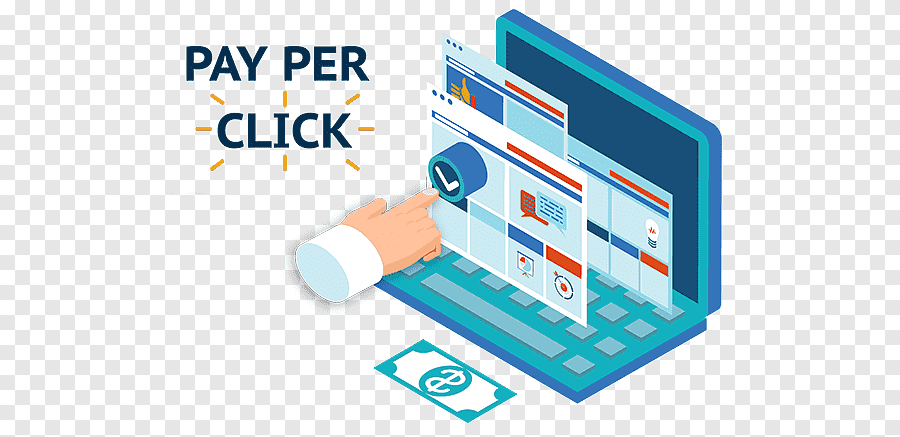
The PPC that is pay-per-click and it is a model of internet marketing in which advertisers pay a fee each time one of their ads is clicked. Basically, it is a way of obtaining visitors to visit to your site, rather than trying to “earn” those visits naturally.
There are many different types of PPC ads, but one of the most common types is the paid search advertisements. These advertisements seems like when people search for things online using a search engine like Google, Bing or any other search engine mainly when they are performing commercial searches, meaning that they are looking for something to buy. This can be anything from a mobile search to a local service search to someone shopping for a gift (“Mother’s Day flowers”) or a high-end item like initiative software. All of these searches generate pay-per-click advertisements.
In the pay-per-click advertising, the businesses working advertisements are only pay when a user really clicks on their ads, and hence the name “pay-per-click.”
The other forms of PPC advertising comprise display advertising (typically, serving banner ads) and remarketing.
How does PPC works?
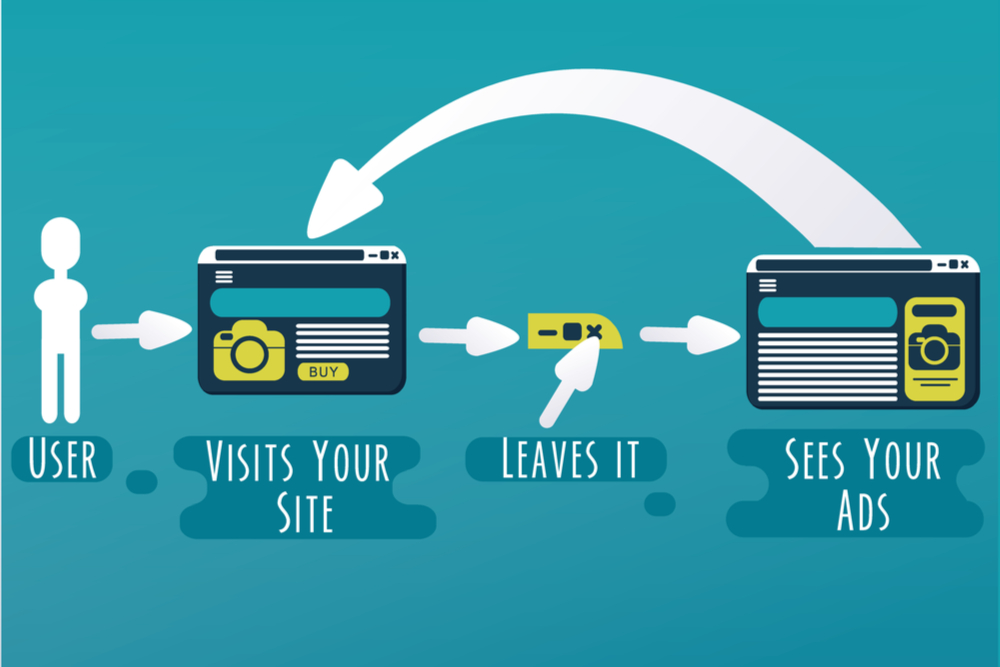
In case for the ads to appear together with the results on a search engine commonly referred to as a Search Engine Results Page, or SERP, the advertisers cannot simply pay more to ensure that their ads appear more importantly than their opponent’s ads. As an alternative, the ads are subject to what is known as the Advertisement Auction, a completely automated process that Google and other main search engines use to control the significance and strength of advertisements that appear on their search engine result pages.
What is PPC Keyword Research?
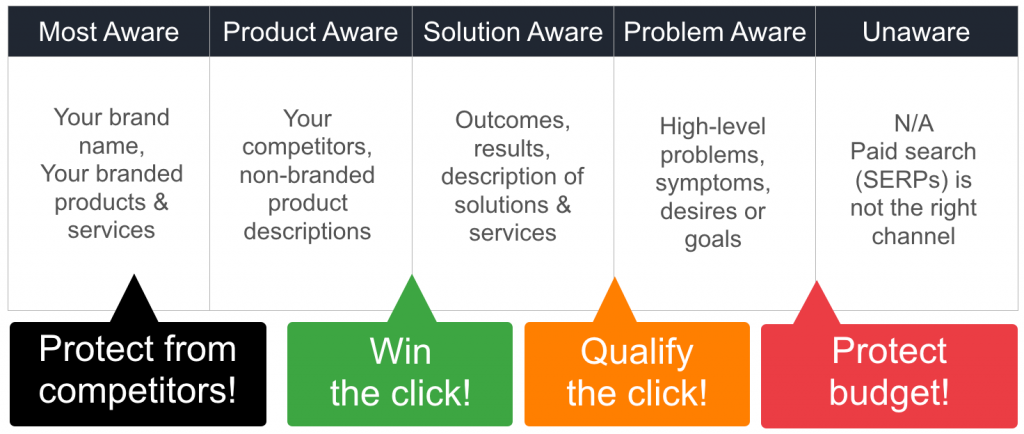
The Keyword research for PPC can be extremely time-consuming, but it is also extremely important. Your complete PPC campaign is built around keywords, and the most successful Google Ads advertisers unceasingly grow and refine their PPC keyword list. If you only do keyword research once, when you create your first campaign, you are perhaps missing out on hundreds of thousands of appreciated, long-tail, low-cost and highly applicable keywords that could be pouring traffic to your site.
The effective PPC keyword list should be:-
- Relevant – you do not want to be paying for Web traffic that has zero to do with your business. You just have to find directed keywords that will top to a higher PPC click-through rate, effective cost per click, and bigger profits. This means that the keywords you offer on should be closely linked to the offerings you to sell.
- Exhaustive – Your keyword research should contain not only the most popular and often searched terms in your place, but also to the long tail of search. The long-tail keywords are more specific and less common, but they add up to account for the bulk of search-driven traffic. In a count, that they are less competitive, and therefore less costly.
- Expansive – The PPC is renewal. You want to continually enhance and enlarge your campaigns, and create an environment in which your keyword list is continually growing and familiarizing.
How Keywords Work in PPC Advertising?
As its name suggests, the Advertisement Auction is an order system. This means that advertisers must offer on the terms they want to display, their ads. These expressions are known as keywords.
For example, that your business focusses in camping paraphernalia. The user wanting to purchase a new tent, sleeping bag, or moveable stove can enter the keyword “camping equipment” into a search engine to find shops offering these items.
At that instant the user submits their search query and the search engine performs the difficult algorithmic calculations that the Advertisement Auction is based upon. This concludes that which ads are to be displayed, in which order, and by which advertiser.
As you have to pay for each click on your ads, it is vital to only bid on keywords that are important to your business, so you can be sure to get ROI from your advertisement used. The keyword tool can help you find the right keywords to offer on that are both likely to enterprise sales or conversions, and are not excessively costly.
How to manage your PPC campaigns?
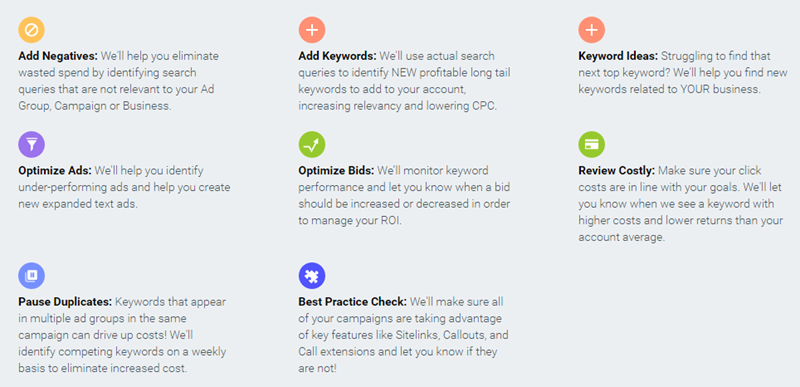
If you have created your new campaigns, then you will need to manage them commonly to make sure they continue to be operational. In fact, the regular account activity is one of the best forecasters of account feat. You should be constantly examining the performance of your account and making the following changes to optimize your campaigns:
- Add PPC Keywords: Enlarge the reach of your PPC campaigns by adding keywords that are important to your business.
- Add Negative Keywords: Add uncovering terms as undesirable keywords to improve campaign relevancy and decrease wasted spend.
- Split Ad Groups: Recover click-through rate (CTR) and Quality Score by splitting up your ad groups into smaller, more relevant ad groups, which help you create more targeted ad text and landing pages.
- Review Costly PPC Keywords: Review expensive, under-performing keywords and shut them off if necessary.
- Refine Landing Pages: Modify the content and calls-to-action (CTAs) of your landing pages to align with individual search queries in order to boost conversion rates. Do not direct all your traffic to the same page.
Benefits of PPC:-
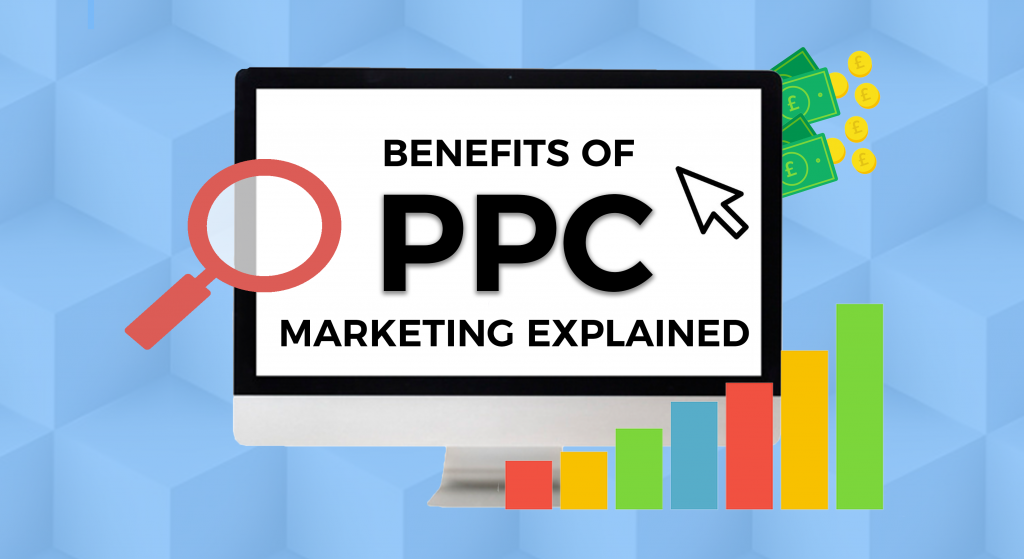
- PPC ads reach audiences cost-effectively
The click advertising campaigns permit you to have total control of your budget, directing and ad placements. With continuing PPC campaign optimisation, you will quickly find the sweet spot between budget and results.
- PPC ads provide instant traffic
Although in the organic marketing the efforts are dedicated on getting your content on the first page of Google, the PPC advertising slots are by now there. On climbing the organic search rankings for keywords can take months. The organic growth is essential for building a long-term brand, but sometimes there is a need for more immediate results. This is where PPC can help.
- PPC ads drive warm leads
The PPC ads permit you to reach the right people at the time they are actively searching for what you are selling. Not only you will pay per click but your product will be put in front of users who are already intent in what you have to sell.
- PPC ads lead to positive ROI
Everything that can be dignified, can be improved and monetised. Not like many other advertising options, the PPC campaigns are easy to measure, which means that you can improve your ads until they produce a positive ROI.
- PPC user data helps your SEO strategy
You can check your keyword plan in PPC earlier committing to long-term SEO strategies. Where organic keywords are largely hidden due to privacy, there is no such limit with paid search, which means you can get a full overview of the keywords that convert and at what percentage and cost.
Conclusion:-
I hope this article clarifies your doubts about PPC (pay-per-click). The PPC that is pay-per-click and it is a model of internet marketing in which advertisers pay a fee each time one of their ads is clicked.
Thank You!
